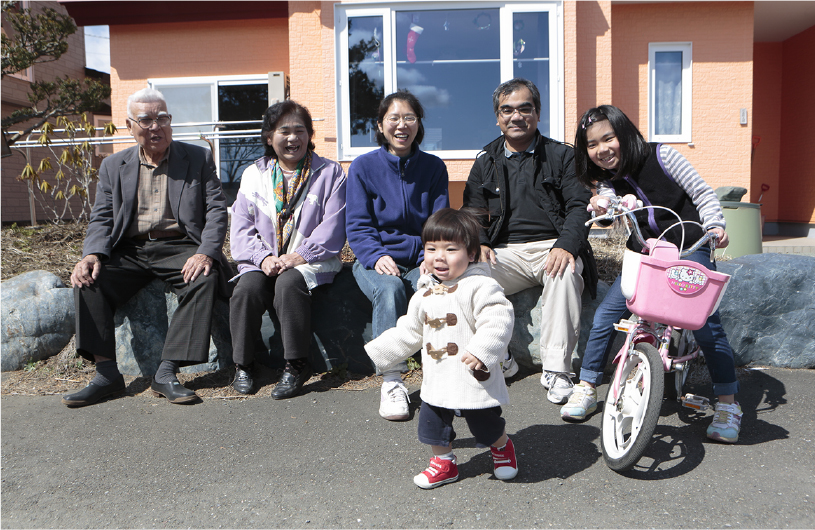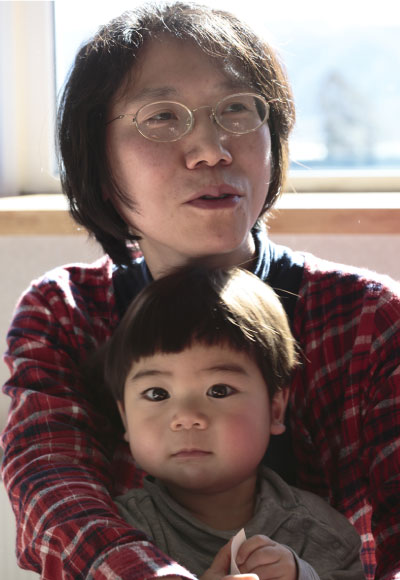
 The towns of Hokkaido - Biratori
The towns of Hokkaido - Biratori 
While enrolled in Tokyo University of Foreign Studies, I traveled in Hokkaido, learned that there are still Ainu there and became interested. A student I met during my trip told me, "If you want to learn about the Ainu, go to Nibutani." It was the summer of 1993, when I was 19 years old.
The first time I visited Nibutani was four or five days after the end of the meeting of the International Day of the World's Indigenous Peoples. I met Shigeru Kayano in front of the Kayano Shigeru Nibutani Ainu Museum. I was surprised by his looks, which were different from the looks of other Japanese people I know.
I am a third generation Chinese in Japan. I grew up in the house of a cook. I have lived with the problems and sadness that accompany being viewed as different even though I was born and grew up in Japan. I don't remember being discriminated against, but once I couldn't get a visa. I also don't understand my own identity. That's what it was like when I visited Nibutani. There was a series of coincidences and I wound up being treated to dinner at the Kawanano house, and starting the next day I stayed there. I later would visit it many times, using my time off.
After graduating from college, I worked at a publisher, and I entered graduate school at age 28 to research Ainu culture. One day near the end of my studies, the woman who is now my mother-in-law guessed that I was worried about my career and encouraged me to marry her son Hisao. I came to this town to marry, the deciding factor being the warmth of the people here who kindly accepted a traveler.

While living in Biratori, I realized there are more people here than in Tokyo who smile with happiness. Also, bartering is done here. If someone gives me fish or vegetables, I come up with a delicious dish, because I am the daughter of a cook.
In Biratori, everyday conversation teaches me surprising and important things. For example, when a ceremony is held for the first time in more than 10 years, word spreads from person to person and village to village, and Ainu gather from far away. I learned that ceremonies are occasions for people to interact.
Various people living in towns where Ainu live come, and I feel I am being put to use too. If it were another rural town, I don't think I could have lived there this long.

